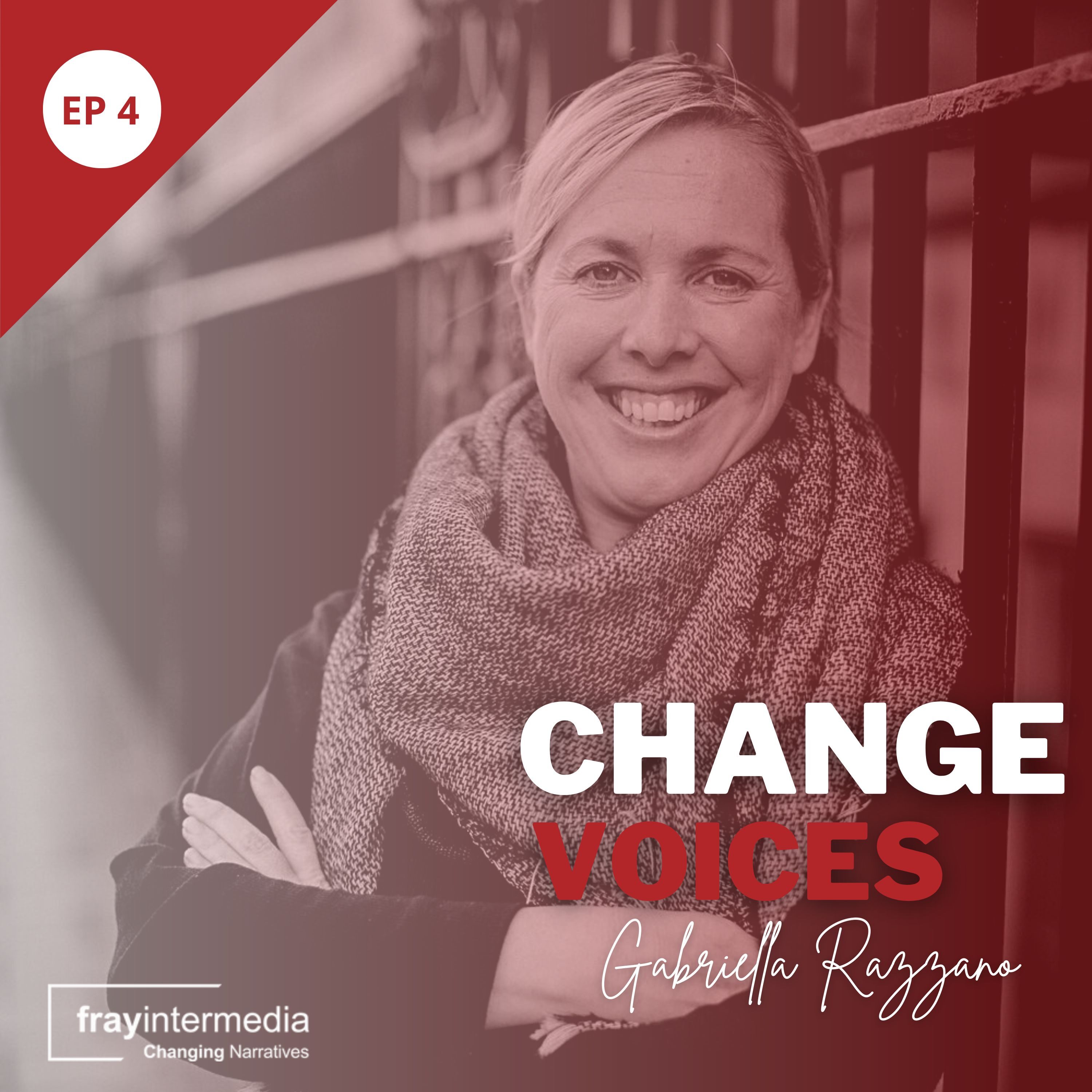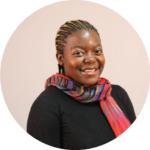In this fourth episode of our Change Voices series, we are in dialogue with ‘openness evangelist’ Gabriella Rozzano whose work deals with exploring transparency, openness in public administration, and enabling civic participation through open data technologies.

Rozzano is the founder and executive director of OpenUp, a civic tech lab based in Cape Town and it was with a shared vision of how instrumental data and technology can be better used that she and data scientist, Adi Eyal decided to start her business.
“The things that make a good change in the world are people, it’s just that technology is often just poorly positioned in this whole space to do what it could do, which is to further human well-being. So that’s when we eventually started OpenUp,” she said.
Recognizing this gap, Rozzano works with data to encourage active citizenship through developing open data systems because data, information and power are intrinsically linked, she believes.
“One of the greatest things about people working in tech is how they think and their ability to innovate is absolutely inspirational. It’s a way of thinking. It’s not a thing. Innovative thinking is actually something that could really reform civil society, but not just society, really reform government,” said the researcher.
With the fundamental goal of bringing citizens closer to the state, Rozzano says it’s technology empowering individuals through technological tools that remains the goal as it can drive a positive change in the world.
”Technology is not the goal, .technology is an implement. When you see technology …as …more of a mechanism or lever it changes your idea of what the impact is. There are some different … tools where I don’t care if it only reaches ten people as long as those ten people can do amazing things.”
Rozzanno’s approach is the “inform, empower, activate” methodology but she points out it is during the activation phase where structural impediments such as digital inequality and access are a challenge.
Using her legal background, Rozzano has contributed to the drafting of regional instruments such as the African model law on access to information, the African declaration on internet rights and freedoms and is drafting the SADC model law on the digital economy.
Zealous about creating an African digital space that fully benefits citizens, Rozanno says it is most important to understand the relationship between inequality and access which curtails technology’s digital dividend.
“Remember that inequality and access are not just to be about the fact that people don’t have frequent access, but what that means for how they use it when they do access it,” she explained.
For more, listen to the podcast on your preferred platform.

